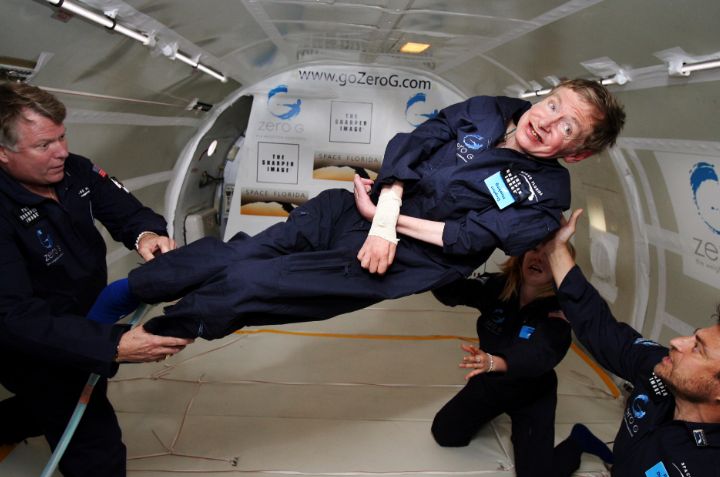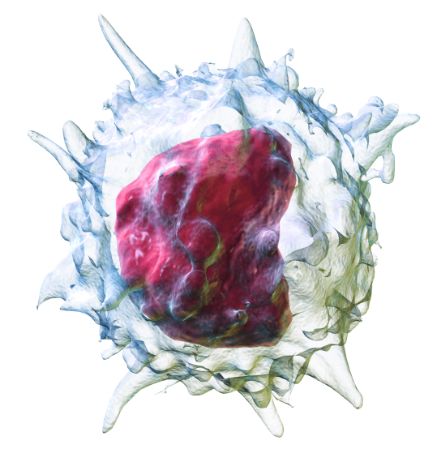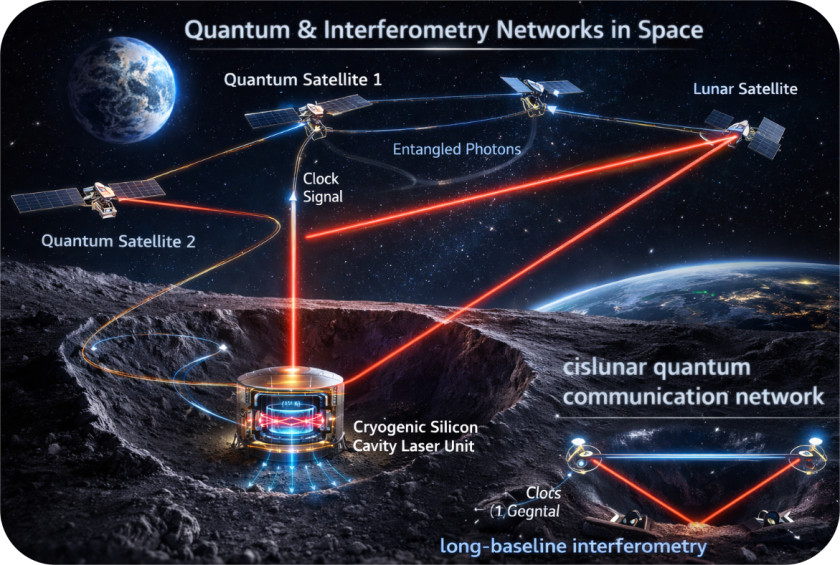
Short-term exposure to altered gravity, such as the brief periods of weightlessness experienced during parabolic flights, is generally not considered to be harmful to human health.
However, it’s important to note that even short periods of altered gravity can slightly thought not exponentially affect the body in various ways. For example, during periods of weightlessness, fluids tend to shift from the lower body to the upper body, which can cause a decrease in blood volume and an increase in pressure in the head and upper body. This can result in symptoms such as headache, dizziness, and nausea.
An international team of researchers conducted one study, which aimed towards assessing if there are any relevant changes in the aggregation of erythrocytes, cell count, immunophenotyping and functionality after parabolic flight.
20-minute parabolic flight
The 20-minute parabolic flight described in the study likely had minimal long-term health risks for the participants.
The brief periods of microgravity experienced during the flight are unlikely to have caused any significant physiological changes that would compromise overall health. However, as mentioned earlier, there may have been temporary effects such as changes in blood volume and pressure, as well as disorientation and motion sickness.
Immune response in altered gravity
The immune system is one of the most vulnerable physiological systems to changes in environmental conditions, and its plasticity and responsiveness make it highly susceptible to the effects of altered gravity.
However, research on the immune response to short exposure in flights with altered gravity is still relatively limited, and the results have been somewhat contradictory.
Some studies have suggested that short-term exposure to weightlessness can have a suppressive effect on the immune system, while others have found no significant changes.

Potential functional alterations of monocytes
Jordi Petriz from the team said, the study found no negative effects on human blood samples exposed to altered gravity conditions during parabolic flight.
Although there were no significant differences in the functionality of immune cells in terms of their oxidative metabolism or phagocytic capacity, however, monocytes gave some red flags.
Monocytes are a type of white blood cell that plays an important role in the immune system’s response to infection and inflammation.
The fact that these cells exhibited changes in functionality in response to altered gravity is potentially concerning, as it suggests that exposure to microgravity could have negative effects on immune function and the body’s ability to defend against external infections or tumor processes.
Flow cytometry
The team utilized the technique of flow cytometry with acoustic focusing with minimal manipulation of the blood samples obtained from the volunteers during the parabolic flight study.
However, as per authors, the study’s sample size was limited due to logistical constraints associated with acrobatic flight studies. Therefore, the results of the study cannot be generalized to the broader population.

Takeaway
The aeronautical research conducted in collaboration with the UPC and the Aeroclub Barcelona-Sabadell is likely to have contributed valuable insights into the physiological effects of microgravity, as well as the safety and feasibility of using aerobatic planes for conducting parabolic flights.
Such research can help pave the way for future advancements in space exploration and related fields, and ensure the safety and well-being of astronauts and other space travellers.
However, space travellers face other factors as well, such as exposure to ionizing radiation, constant noise, isolation, confinement, distorted circadian rhythms, and extreme temperature fluctuations during re-entry into Earth’s atmosphere.
Each of these factors can have potentially negative effects on the human body, and it is crucial that researchers continue to study these effects in order to develop effective countermeasures and minimize the risks associated with space travel.
Via: Phys.org



